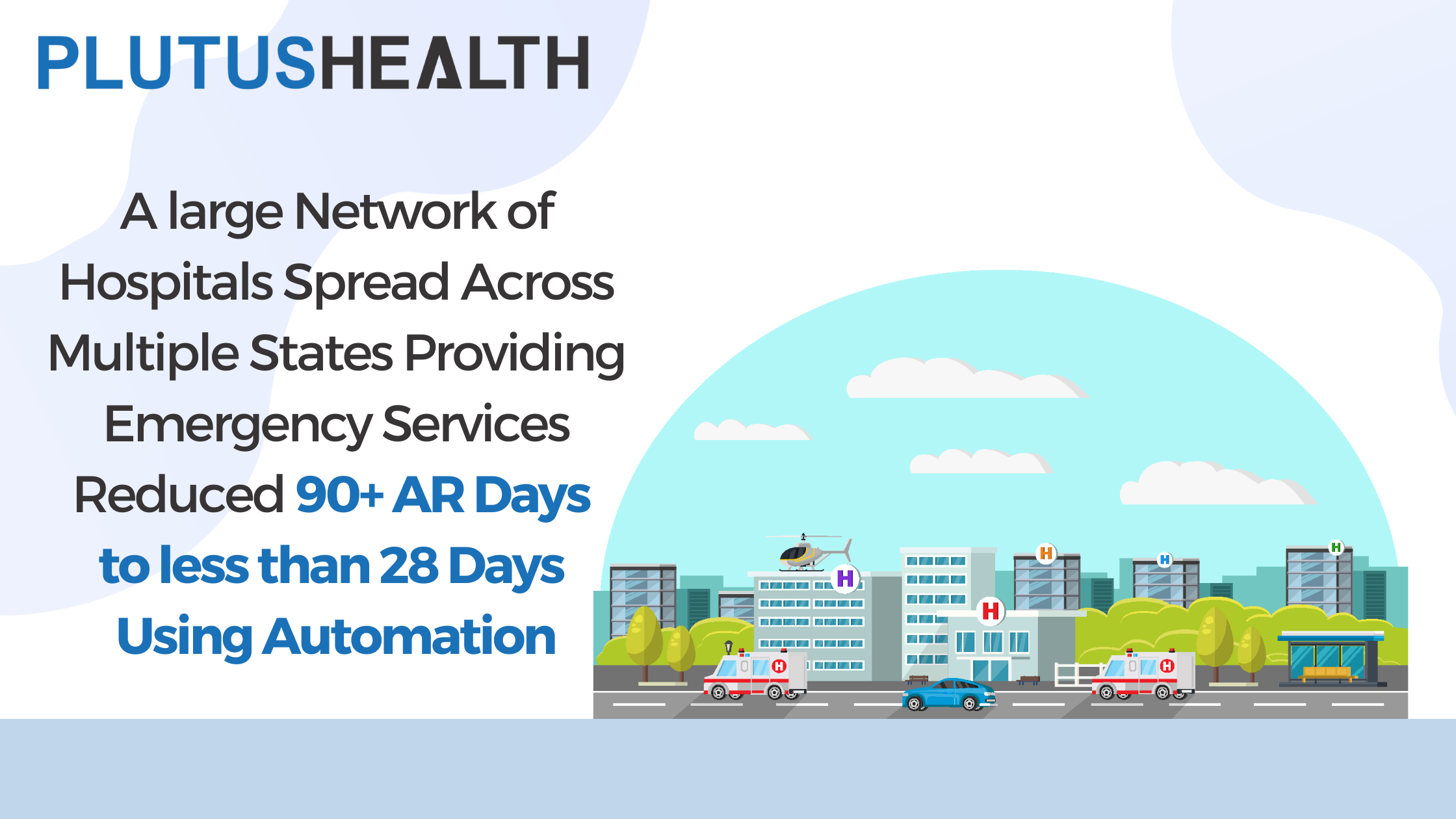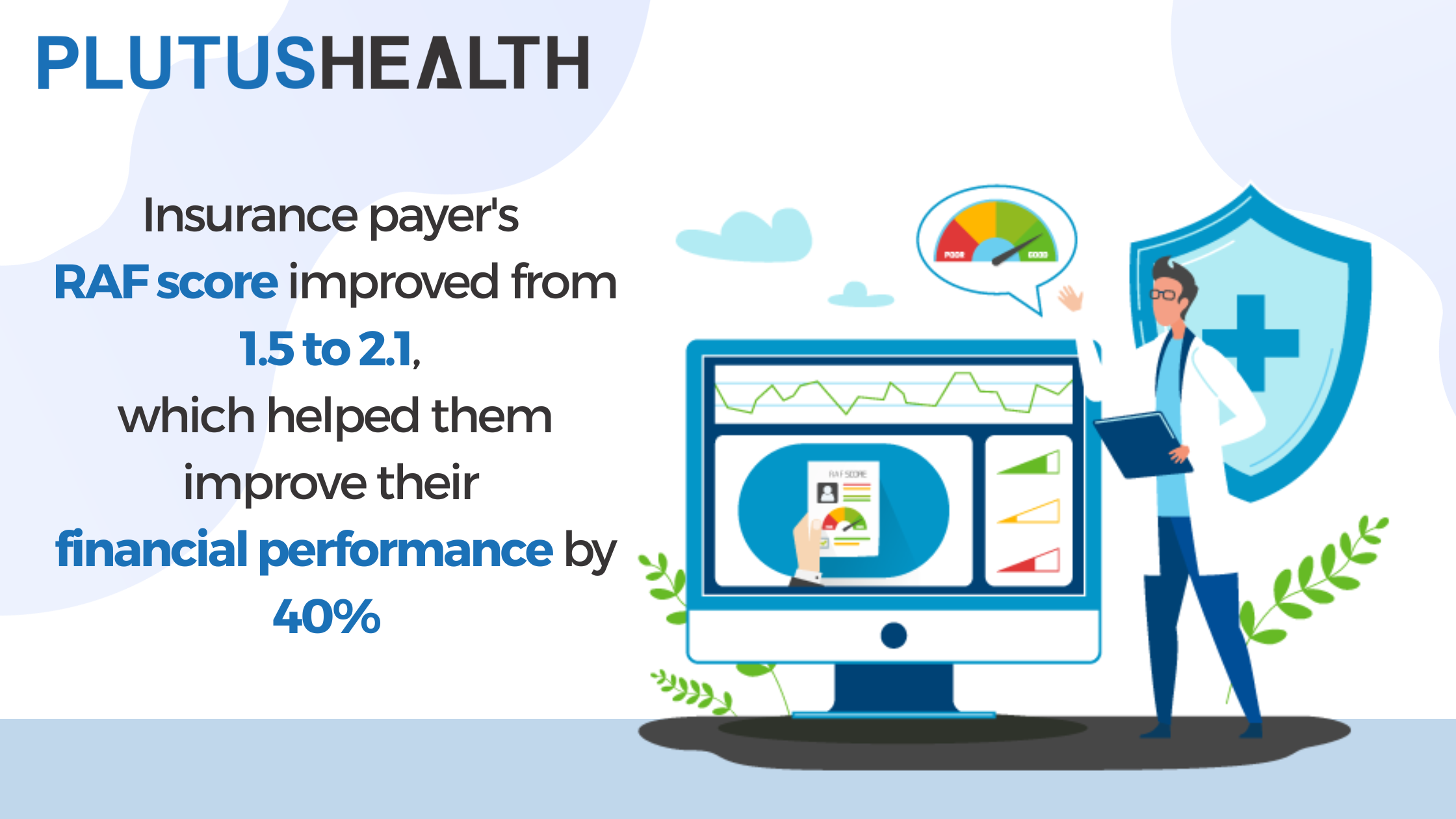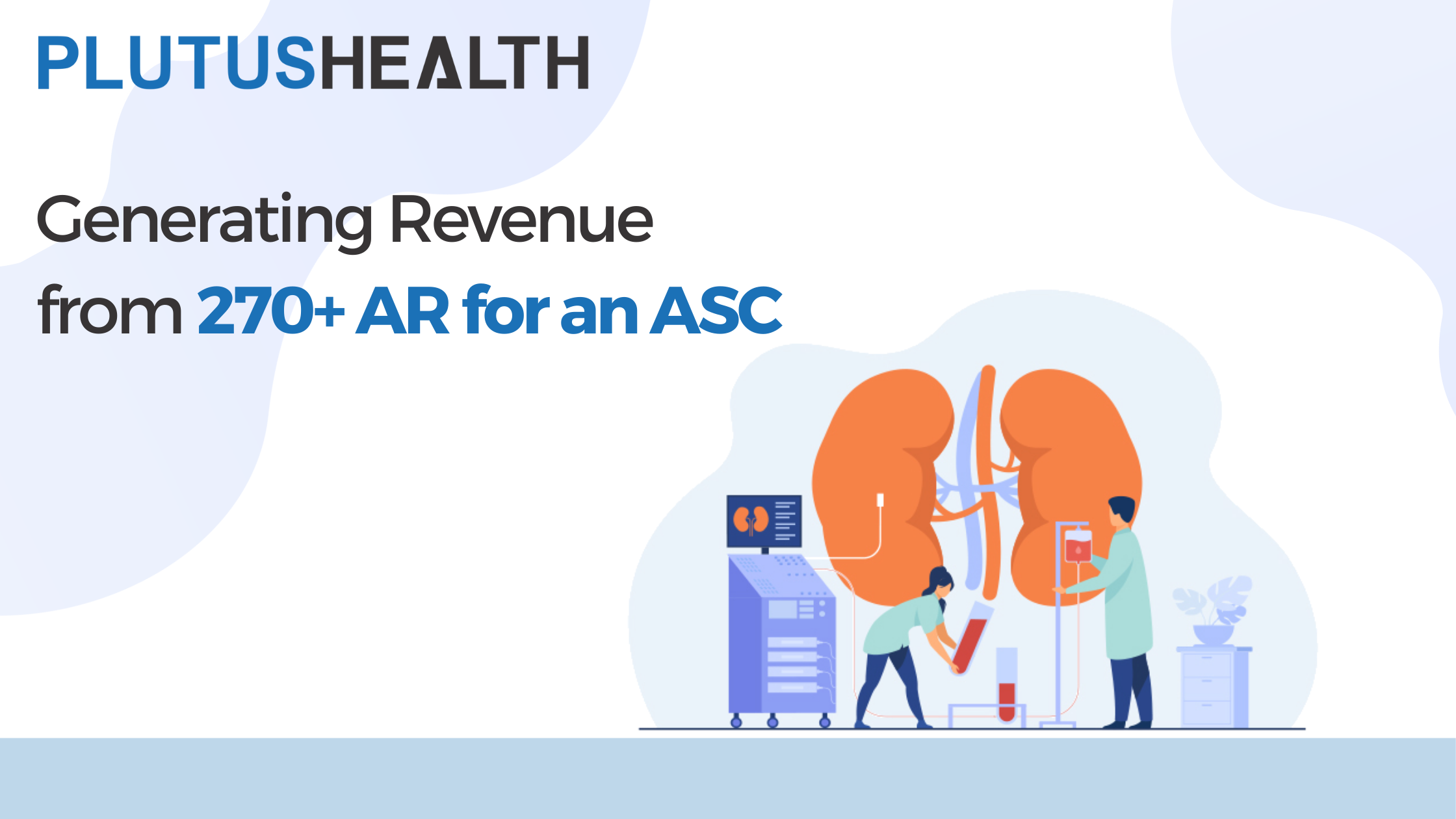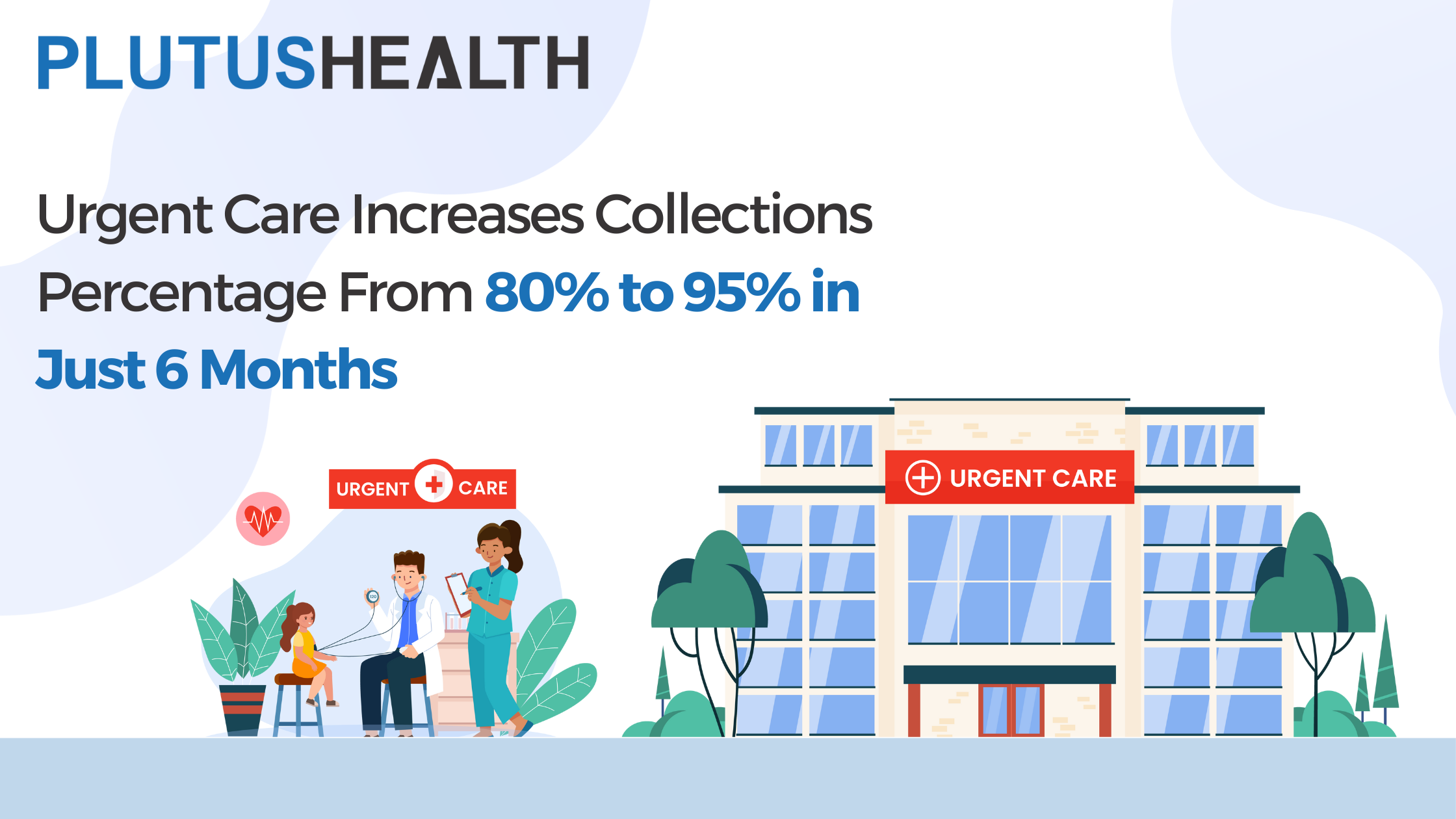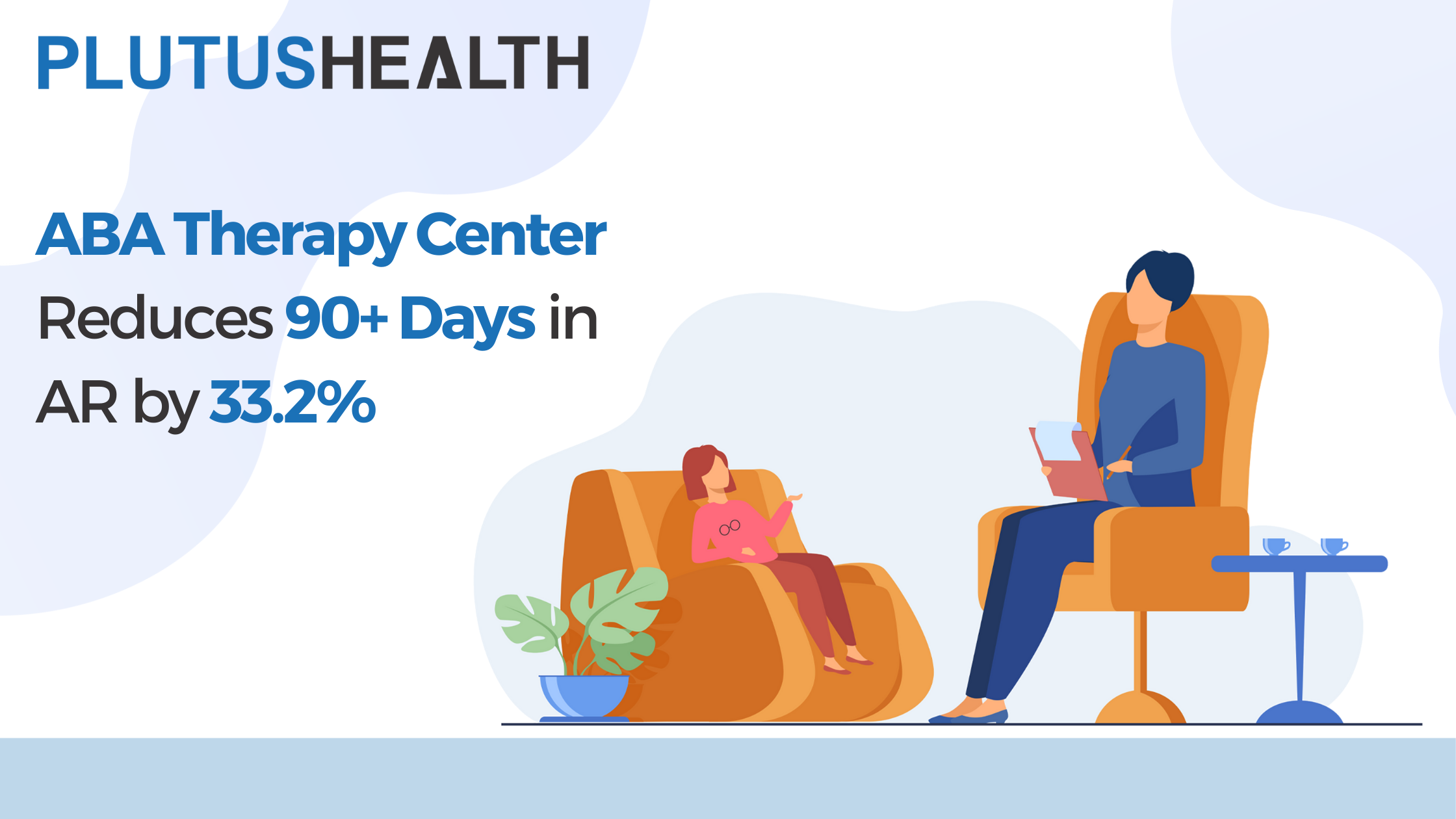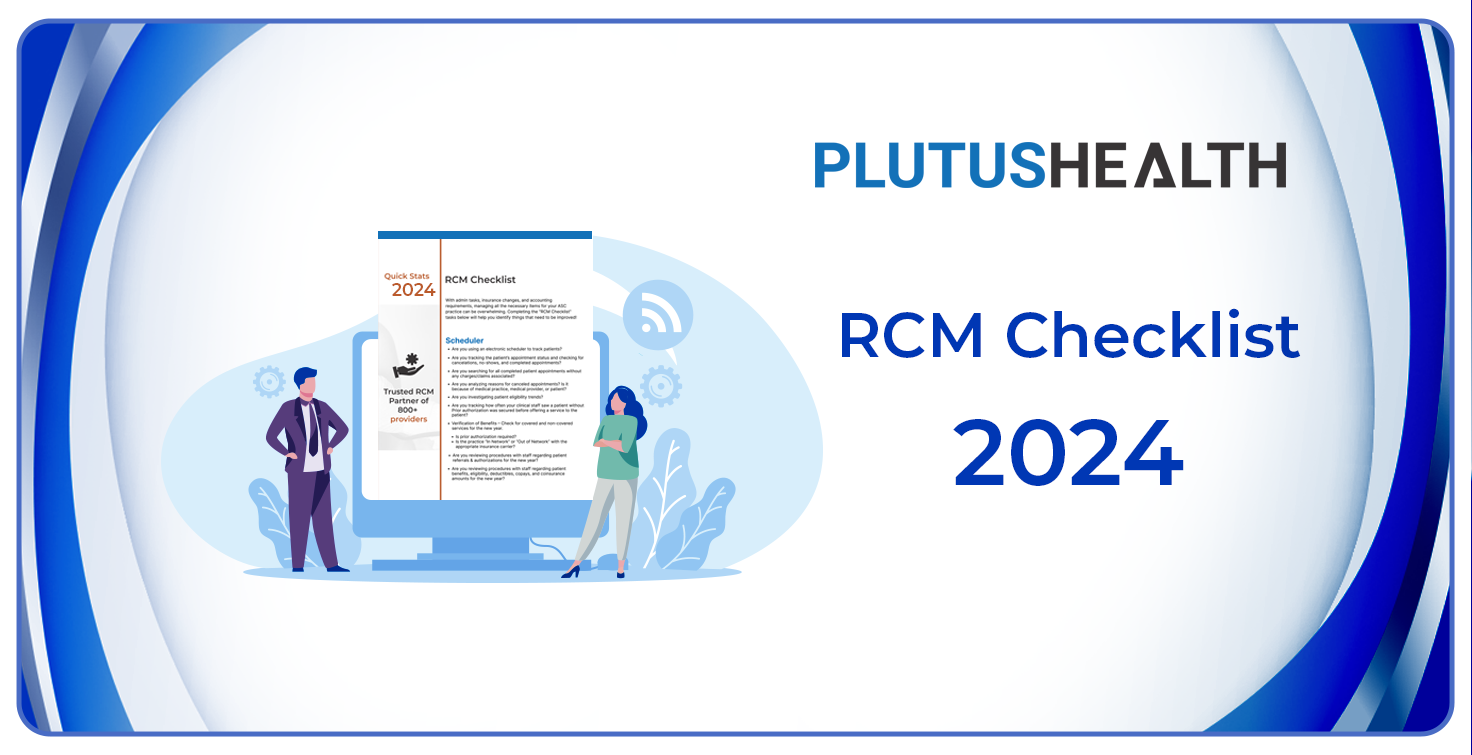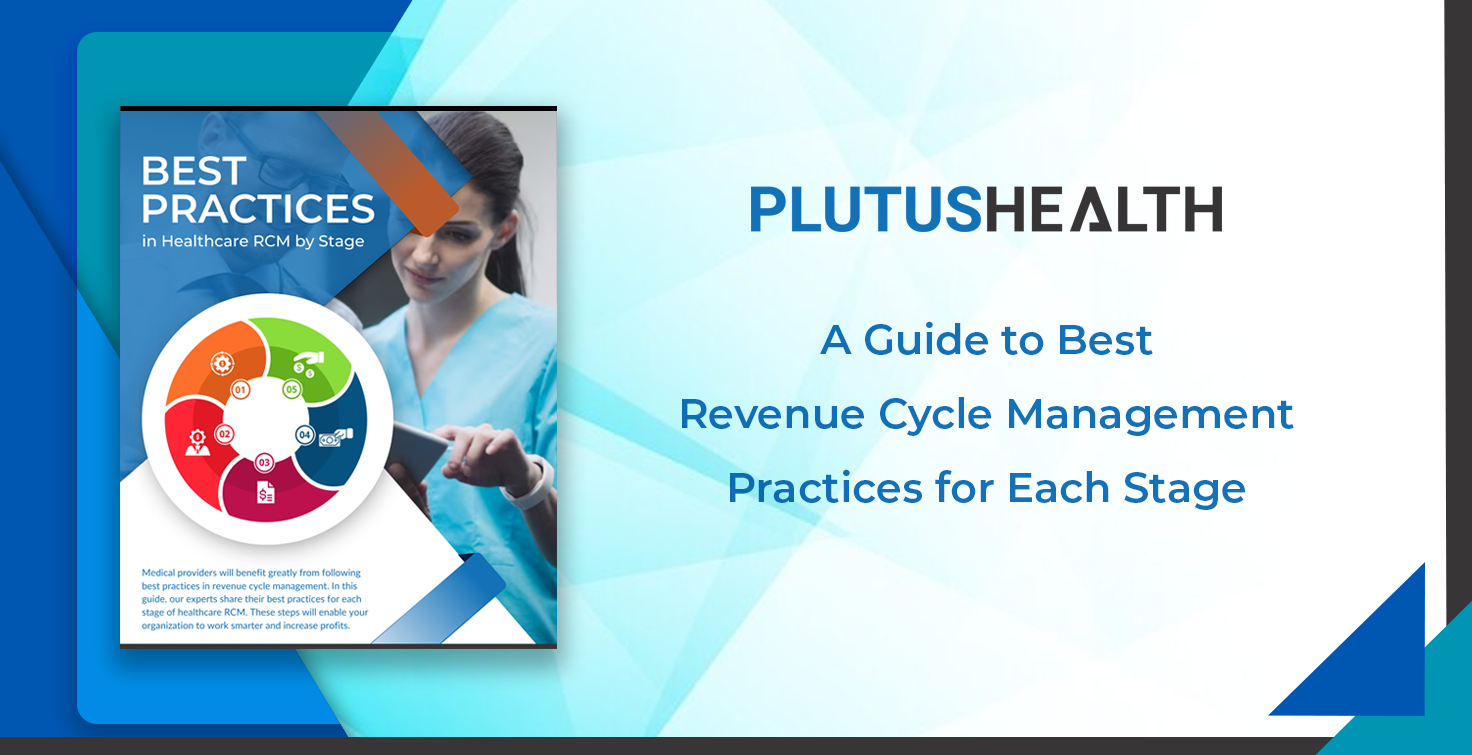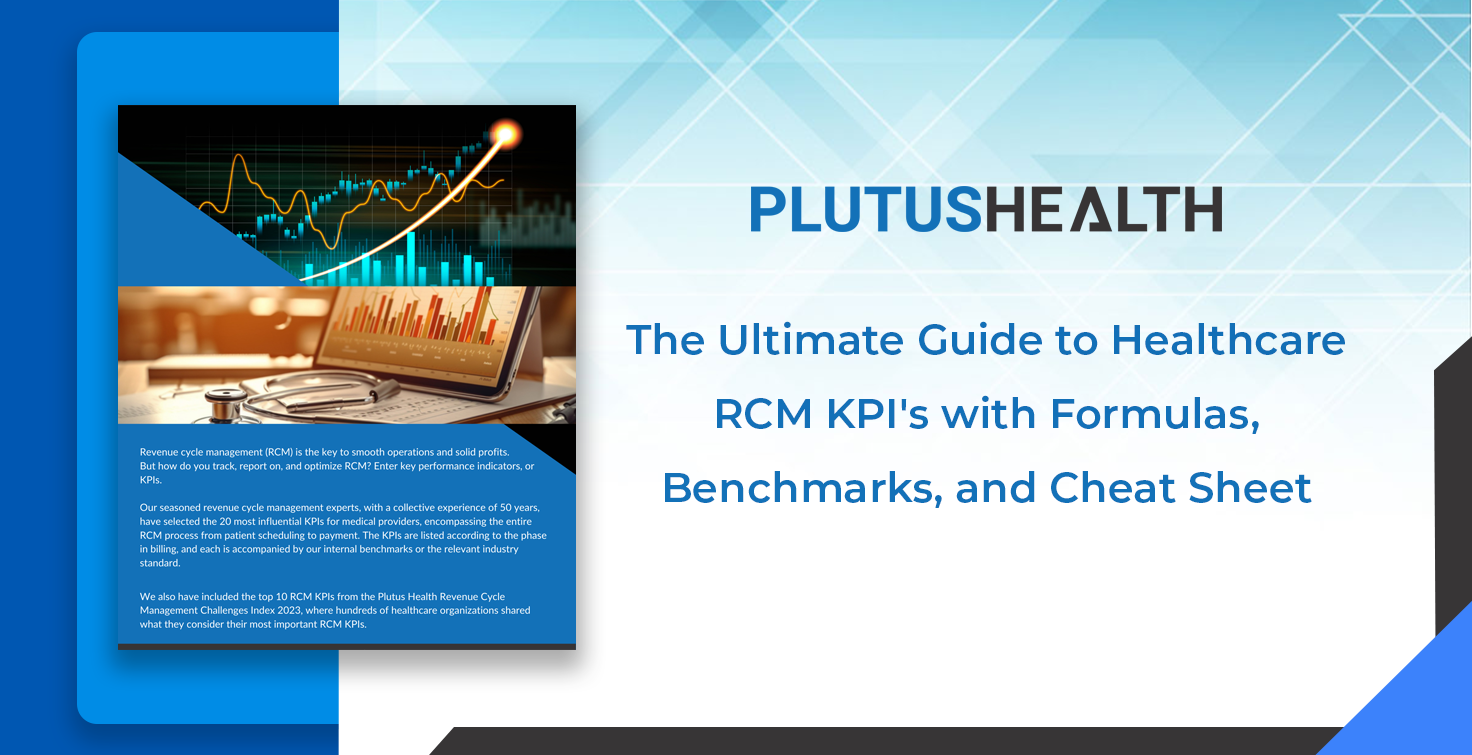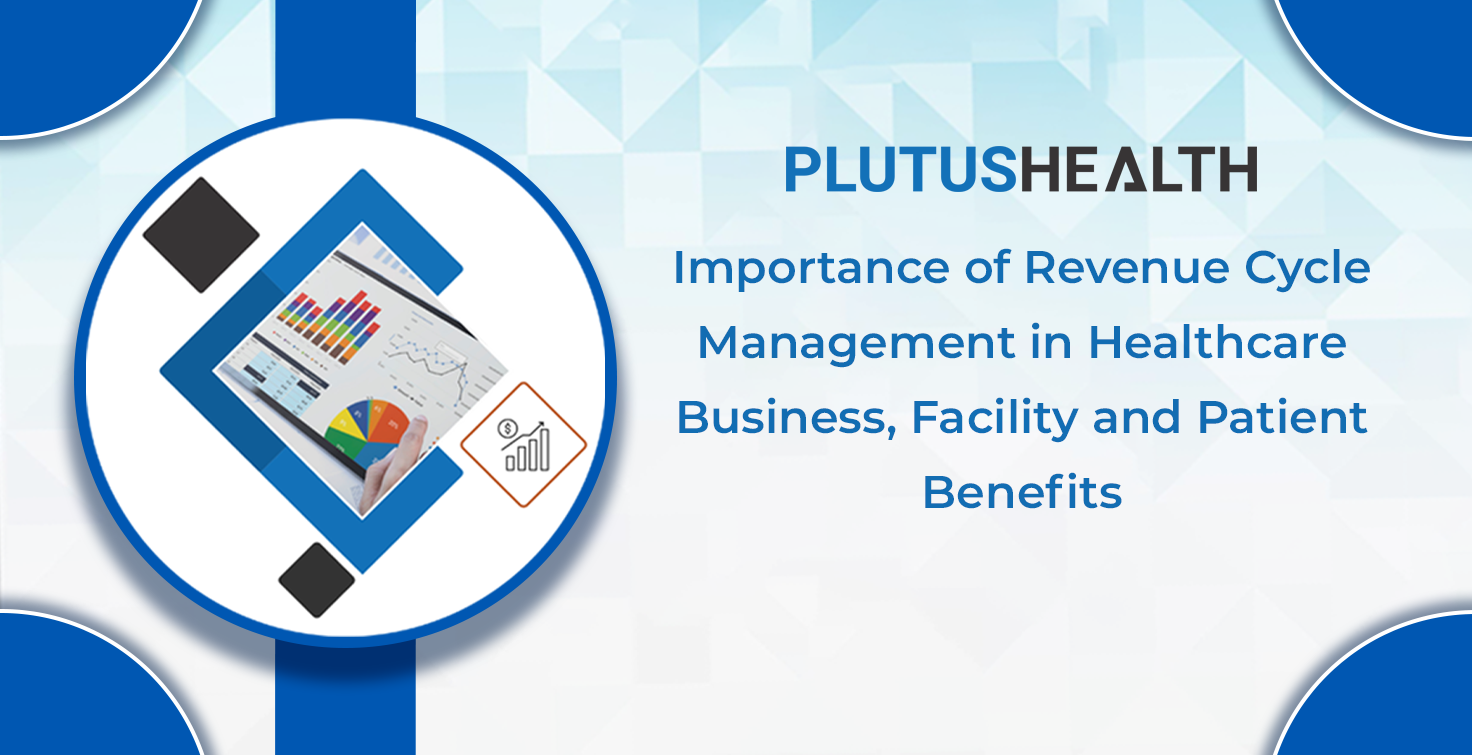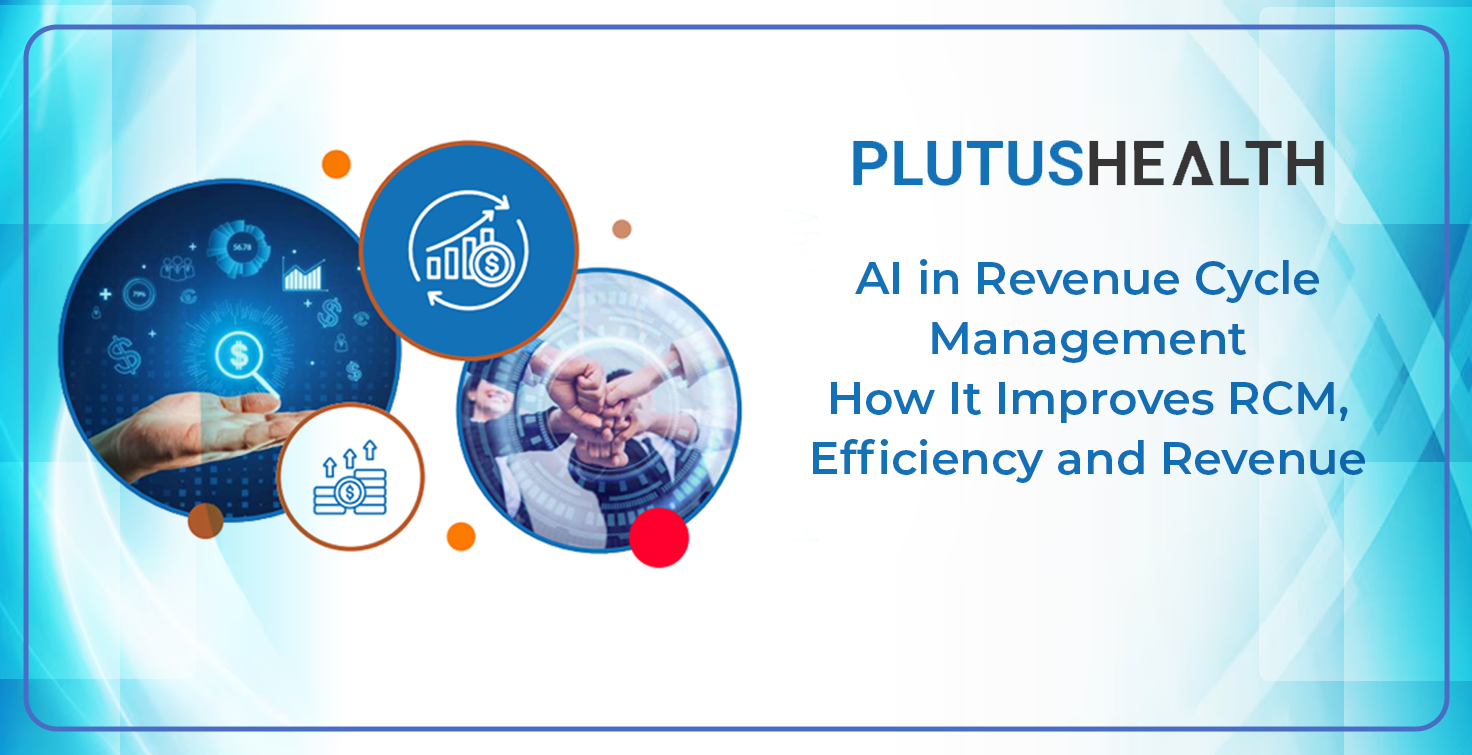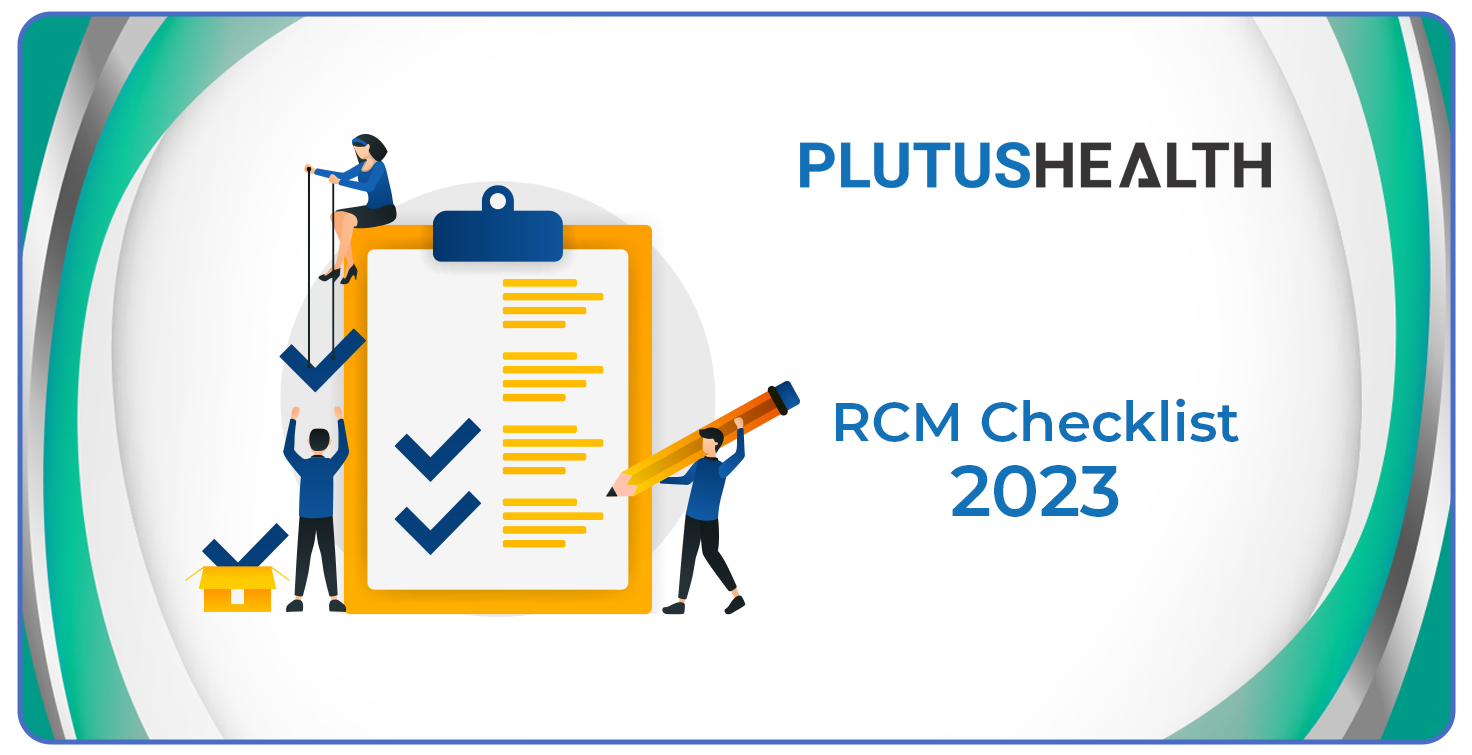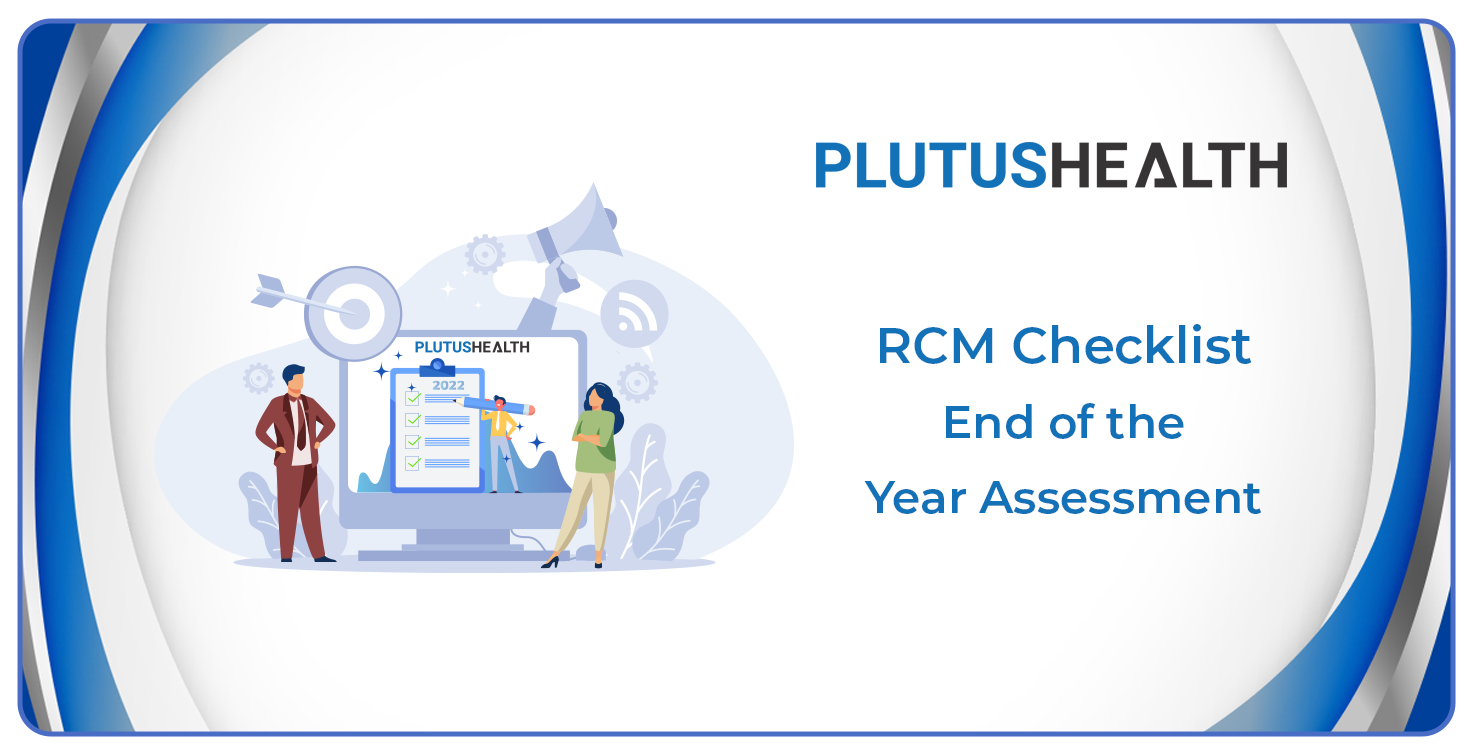Demystifying No Surprises Act
The No Surprises Act (NSA) went into effect on January 1, 2022. The law circumstantially bans out-of-network practices from balance billing commercially insured patients. Providers may only bill patients their plan's in-network co-sharing amount, such as co-insurance and co-payment.
The NSA has methods to determine patient cost-sharing for out-of-network circumstances. In cases where state law fails to confirm provider payment responsibility, the NSA will institute an independent dispute resolution system.
Because the law will primarily influence out-of-network practices, ASCs are particularly affected. As such, it's crucial to know how this new legislation will impact your practice and prepare accordingly.
Here are the most important details to know about the No Surprises Act.
The NSA's Rules
Authorities implemented the NSA to protect medical consumers. The law's chief goals are to limit how much patients may be charged, inform patients of their protections, and provide post-billing options.
The NSA bans surprise balance billing patients for most emergency services. For the bulk of emergency services, the NSA prohibits out-of-network cost-sharing. In this situation, in-network cost-sharing is the maximum a provider may charge.
The NSA restricts providers when they give non-emergency services at an out-of-network facility. In such cases, the law forbids out-of-network charges and balance bills.
A facility must inform patients about billing protections and who to contact if patients fear that their provider has violated those protections. Out-of-network providers must send an additional consent notice to their patients regarding balance billing. These notices must brief the patient that their consent is required to waive billing protections.
A patient may dispute their final charges within 120 days of the date on their bill. To do so, the price must be at least $400 higher than a prior good faith estimate of how much the care would cost.
The NSA requires providers to make this good faith estimate available to certain patients. Following a disputed charge, a provider has ten business days to give the patient a copy of their price prediction and the bill. This notice should also prove that the additional cost was medically necessary and unpredictable.
What Emergency Services Trigger NSA?
The NSA most commonly relates to out-of-network emergency facilities. The law applies when independent freestanding emergency departments, air ambulances, or hospital emergency departments provide out-of-network emergency services. The NSA concerns in-network facilities if the provider servicing the patient is out-of-network.
What Non-Emergency Services Trigger NSA?
For non-emergency services, NSA may apply if the provider and patient have signed a Single Case Agreement (SCA). SCAs are agreements formed between an insurance agency and a health provider. These agreements keep a patient with a desirable out-of-network provider. Before committing to an SCA, involved parties need to establish some details.
- The provider grants consumers a specialized service tailored to their needs.
- No in-network provider is closer to the patient.
- No in-network provider meets the patient's needs.
- The treatment will reduce the consumer's out-of-pocket expenditure.
If the SCA covers all providers, then NSA will defer to the SCA contract details. Providers outside the SCA can bypass NSA restrictions by receiving balance billing consent.
NSA applicability hinges on consent for non-SCA out-of-network providers. If the consumer has not granted permission, it is mandatory. If a patient has consented to be balance billed, NSA is inapplicable.
Consider hiring a billing and coding service if you feel like the NSA will adversely affect your revenue. Plutus Health improves ASC's revenue flow. Our expert coding and billing team specializes in maximizing reimbursements and avoiding denials. Talk to our representatives to demonstrate your practice's most profitable path.
How Plutus Health will handle the Federal No Surprise Billing Act
- We can choose to start an open negotiation within 30 business days from the date of the denial and or the initial payment from a health plan.
- We must submit an Open Negotiation Notice and necessary supporting documents to initiate negotiation.
- If the provider and the health plan have not agreed on the proposed negotiation amount during the open negotiation period (30 business days), either party can initiate the Independent Dispute Resolution process (IDR)
Eligible claims
- All OON provider and or Facility claims submitted to commercial payers are eligible under the NSA act.
- Only the claims within 30 days period from the processing date are eligible.
- We will consider initiating open negotiation with all payers for the LLC and PLLC claims that the payer processed, and the allowable amount is less than 85% for the LLC locations. The permissible amount is less than 65% for the PLLC location.
- Plutus Health will identify claims as "low pay" that meet the above eligibility criteria and initiate Open Negotiation with payers.
- Plutus Health will notify CEC of the Open Negotiation results from the payers and suggest eligible claims for IDR review.
Key Takeaways
1. NSA is a new rule that circumstantially bans surprise billing involving out-of-network services.
2. The law primarily restricts billing following an emergency service.
3. Non-emergency services are affected under exceptional circumstances.




